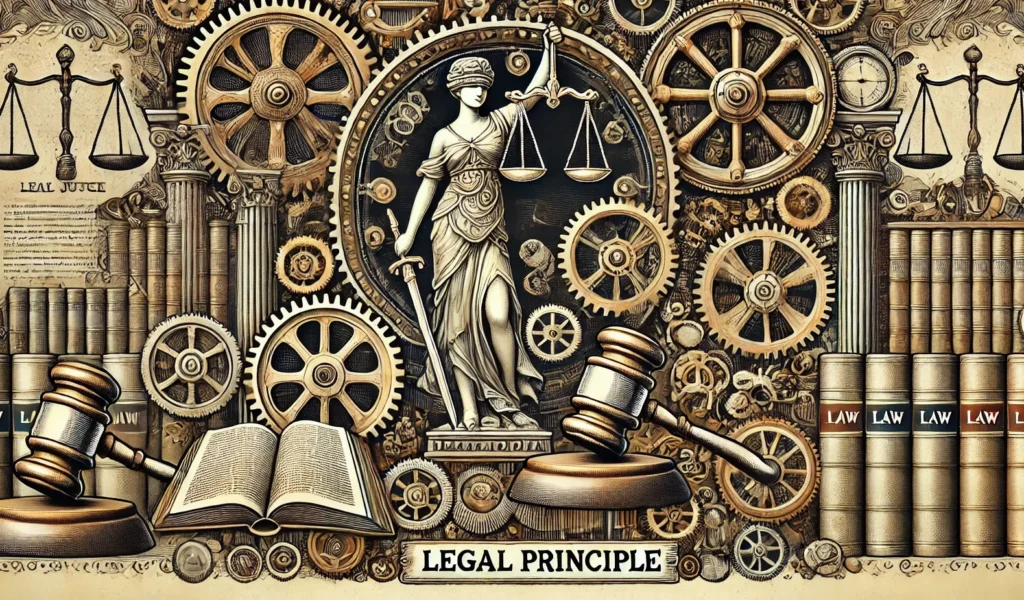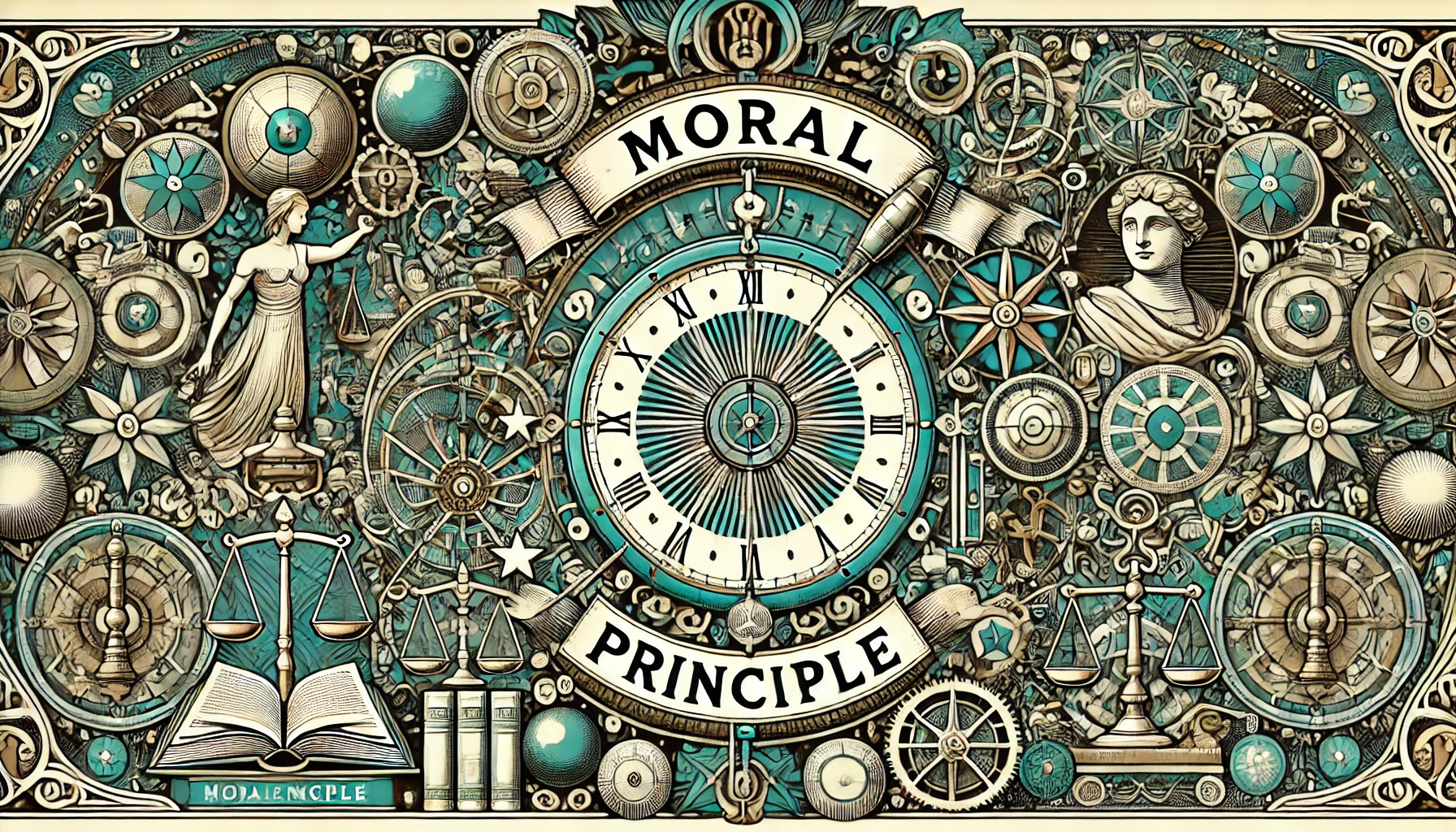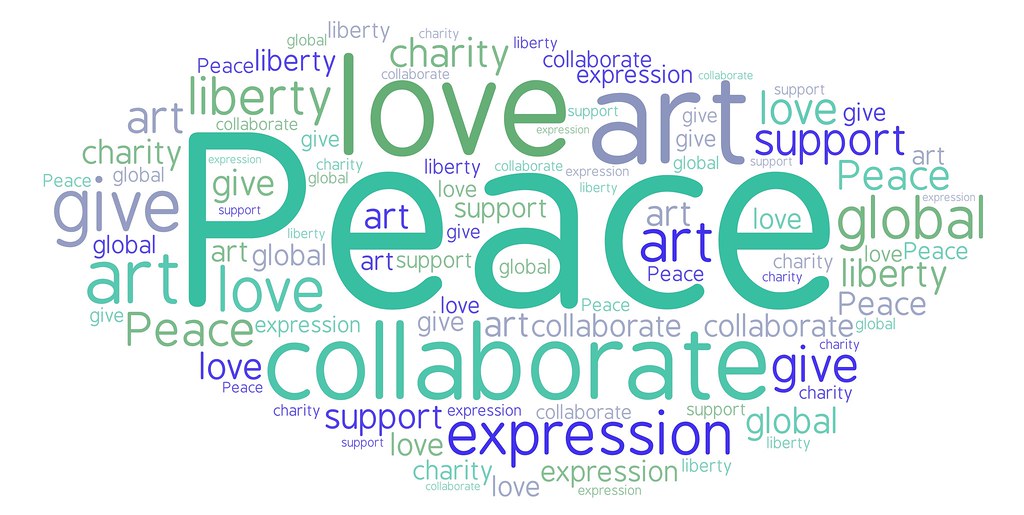Live and Let Live - A Practical Peace Philosophy
by Attorney Marc J. Victor
The world’s most important endeavor is underway, and we invite you to join. The Live and Let Live Global Peace Movement is a serious effort undertaken by people worldwide who desire to live together in freedom and peace. Our commitment to oppose all forms of aggression, whether instituted by any person, group, corporation, or government and to inspire people to be excellent humans unites us. We are committed to employing our best efforts to succeed.
Despite good faith disagreements on many issues, if we unite around two fundamental principles, we could achieve and maintain freedom and peace in a way that optimizes human happiness and well-being better than ever previously realized in human history.
Utopia is not a reasonable goal. We should recognize and accept life will never be perfect. However, we could dramatically improve life for the vast majority of people. There is no need to check your ethics, common sense, or reasonable skepticism at the door. Suppose you are open-minded, reasonable, and willing to consider a new paradigm for how people with different worldviews could live together. In that case, we want to inspire you to join the global effort to achieve freedom and peace.
We each have different opinions, ideas, and beliefs about the world. We also have divergent interests, aptitudes, goals, and desires. We value things differently. I am happy to offer you my advice about how you should live your life, but because we define our happiness differently, I do not know for sure what is in your long-term best interest. As adults, neither of us can validly claim to be in charge of the other. In that way, we are equal. I respect your right to be in charge of your life. Do you afford me the same courtesy and respect?
Recognizing these obvious points defines me as a “live and let live” type of guy. The phrase “live and let live” best captures the essence of what should be our basic fundamental principle governing how we interact with each other. Imagine a world based on the idea that, instead of attempting to impose our views and will on each other, we simply agree to live and let live. It may initially seem too simple, but we can actually and effectively organize around this phrase and its vital principle to justly and dramatically optimize human happiness.

What does it mean to live and let live? Two distinct and equally essential imperatives to the principle are 1. “Live” and 2. “Let Live.” The principle’s first imperative seems obvious: Live your life! You are lucky to be alive, conscious, and on the planet. As with all things, this, too, will eventually end. Seize the day!
As a competent adult owner of your life, you should be in charge of creating, directing, and organizing your life. You have the right to decide how best to live your life. That means you alone can define and peacefully pursue your happiness. You are the rightful owner of your body, all your peacefully acquired property, money, and time. As such, you have the right to be the unapologetic, iron-fisted dictator of these things.
As the competent adult iron-fisted dictator of your body, property, money, and time, you should be permitted to do anything you want with these items with no restrictions except for one: the second imperative. To “Let Live” means allowing others the same right to be the competent adult iron-fisted dictators of their bodies, property, money, and time. As a prerequisite to achieving freedom and peace, you must allow other competent adults the identical and reciprocal right to live as they see fit with the same mandatory restriction.
Some say the devil is in the details concerning the “live and let live” principle. Indeed, we need to decide where to draw the critically important line between living your life and interfering with the equal rights of other competent adults to live their lives. Therefore, we need rules governing how we interact with each other so we can each live our lives while allowing others to live their lives. Given the infinite number of different types of interactions we can have with each other, we will undoubtedly need lots of rules defining where to draw that critically important line.
There are two hugely different categories of rules: one type comes with a formal sanction for violations, and the other does not. For example, the rule prohibiting murder has a severe formal sanction for those properly shown to have violated it. However, the rule requiring youngsters to show respect to their elders does not. While there may be social consequences for failing to respect one’s elders, violating this category of rules properly carries no formal consequence. Viewed differently, some rules, like the rule against murder, we are required to comply with. Other rules, like the rule to respect one’s elders, we are not.
Rules we are required to comply with are generally called legal rules. We use the term “legal” to identify the rules that carry formal consequences for violations. The rule prohibiting murder is, therefore, a legal rule. Legal rules define the mandatory minimum standards of how we must or must not act when interacting with others.
If we are serious about implementing the “live and let live” principle, the law should include all the rules necessary to implement both aspects of the principle. Said another way, the law should permit competent adults to “live” by being the iron-fisted dictators of their bodies, property, money, and time while mandating that they allow others to do the same. All laws should be in harmony with the live and let live principle.
How do we determine which rules ought to be legal ones? The rule against murder is appropriately a legal rule precisely because if you act as the iron-fisted dictator over another person’s body or life, you have violated that person’s right to be the iron-fisted dictator of their body and life. The rule to respect your elders is not properly a legal rule because if you disrespect an older person, you have not violated that person’s right to be the iron-fisted dictator of their life. Nobody properly has a legal right to be respected by others. We could identify this type of non-legal rule as a moral rule. In short, legal rules govern how we must act, and moral rules properly govern how we should act. Understanding this critically important difference between the two categories of rules is the key to dramatically improving life on Earth for most people.
Moral rules are undoubtedly important. We are not likely to ever achieve peace until we inspire others to act morally to some extent. Unfortunately, we do not all agree, nor are we likely to agree, on morality anytime soon. Fortunately, the consequences of our disagreements in this area are entirely manageable. We are each free to associate with the friends and business acquaintances we prefer. Disputes about how we should treat each other are manageable because people, as the iron-fisted dictators of themselves, may act immorally with their bodies, property, money, or time so long as they do not interfere with the equal rights of other iron-fisted dictators to manage themselves.
To be precise, legal rules are indeed drawn from moral principles. While we do not all agree on the entirety of morality, we can identify a least common denominator that all reasonable people can agree upon that could, and should, serve as our legal principle to calibrate all our laws. Regardless of your moral code, I suspect it holds that acts such as murder, assault, rape, fraud, and theft are wrong. This conclusion is so because all reasonable people agree aggression against other people or their property is wrong. There is no credible dispute on this point. As such, we can divide the general live and let live principle into two distinct sub-principles: legal and moral.

The Live and Let Live Legal Principle
To aggress against another person or their property violates another person’s right to control their body, property, money, or time. Such a violation always trespasses against a person’s right to live their life. Therefore, the law should prohibit all acts of aggression, whether committed by any person or group of people, however numerous. No person, group, corporation, or government should be legally permitted to engage in aggression. In essence, the Live and Let Live Legal Principle (“3LLP”) could be accurately described with the simple statement, “Don’t aggress!” To properly implement live and let live, all acts of aggression, whether committed by any person, group, corporation, or government, should always be illegal.
What is aggression? Aggression is initiating nonconsensual force against another person or their property, engaging in fraud or coercion, or doing anything that creates a substantial risk or threat of initiating nonconsensual force against another person or their property. Less serious acts of aggression include breaching a contract, negligently injuring another person or damaging their property, and breaching a fiduciary duty owed to another person. The 3LLP and the laws implementing it should prohibit any of these acts in all cases. We may personally conclude what competent adults do with their bodies, property, money, or time is immoral, unhealthy, unwise, or unwarranted — but unless someone violates the 3LLP, their conduct should be legal. On the other hand, if the conduct violates the 3LLP, it ought to always be illegal.
Another way to more generally describe the 3LLP is to simply say all voluntary interactions between competent adults should be legal, and all involuntary interactions should be illegal. We get essentially the same result as employing the more precise definition of aggression. Involuntary interactions between people always amount to aggression, as defined above. As such, involuntary interactions should always be illegal. Conversely, as explained above, voluntary interactions between consenting adults never involve aggression. As such, all voluntary interactions between consenting adults ought to always be legal. Calibrating all our laws to be in harmony with the 3LLP is the only way we can live and let live.

The Live and Let Live Moral Principle
Calibrating all our laws to be in harmony with the 3LLP results in freedom because all acts of aggression would be outlawed, and all voluntary interactions between consenting adults would be legal. However, it is possible to refrain from engaging in acts of aggression while still acting in ways that do not foster peace. For example, neighbors who shout ugly insults at each other from their own property do not violate the 3LLP because mere offensive words do not amount to aggression, but they are certainly not living in peace.
To achieve peace, we must inspire others to act in moral ways that foster peace. The Live and Let Live Moral Principle (“3LMP”) can accurately be described with the statement, “Be an excellent human.” Unlike a legal rule, a person can ignore a moral rule without suffering a formal consequence. Indeed, as discussed previously, this is the essence of the difference between legal and moral rules. Said another way, people should be legally permitted to ignore the 3LMP as long as they comply with the 3LLP. However, because Live and Let Live is a peace movement and not merely a freedom movement, we should do our best to inspire people to adhere to the 3LMP.
What is an excellent human? While being an excellent human certainly requires that a person not aggress against others, it also includes aspirational values such as always acting with high character, employing a win/win attitude, open-mindedness, tolerance, voluntary kindness, civility towards others, building high levels of trust with others, a commitment to truth, facts, justice, and rational thought, and bringing out the best new version of yourself. These aspirational values, and others, are necessary to achieve peace while optimizing human happiness and well-being and decreasing suffering.
The price we must pay to achieve freedom and peace is that we remove our personal moral views from the law. Instead of imposing our morals, we should enthusiastically inspire others to act morally. The law should prohibit all forms of aggression by all individuals and groups. When enough people commit their hearts and minds to live and let live, we will achieve and maintain a free and peaceful world. Join us and be part of the solution!





